The Future of Sustainable Winemaking: Innovations at Jackson Family Wines
Jackson Family Wines is leading the way in sustainable winemaking with innovations like solar power, water conservation, and organic farming. Discover how these practices are shaping the future of the wine industry.
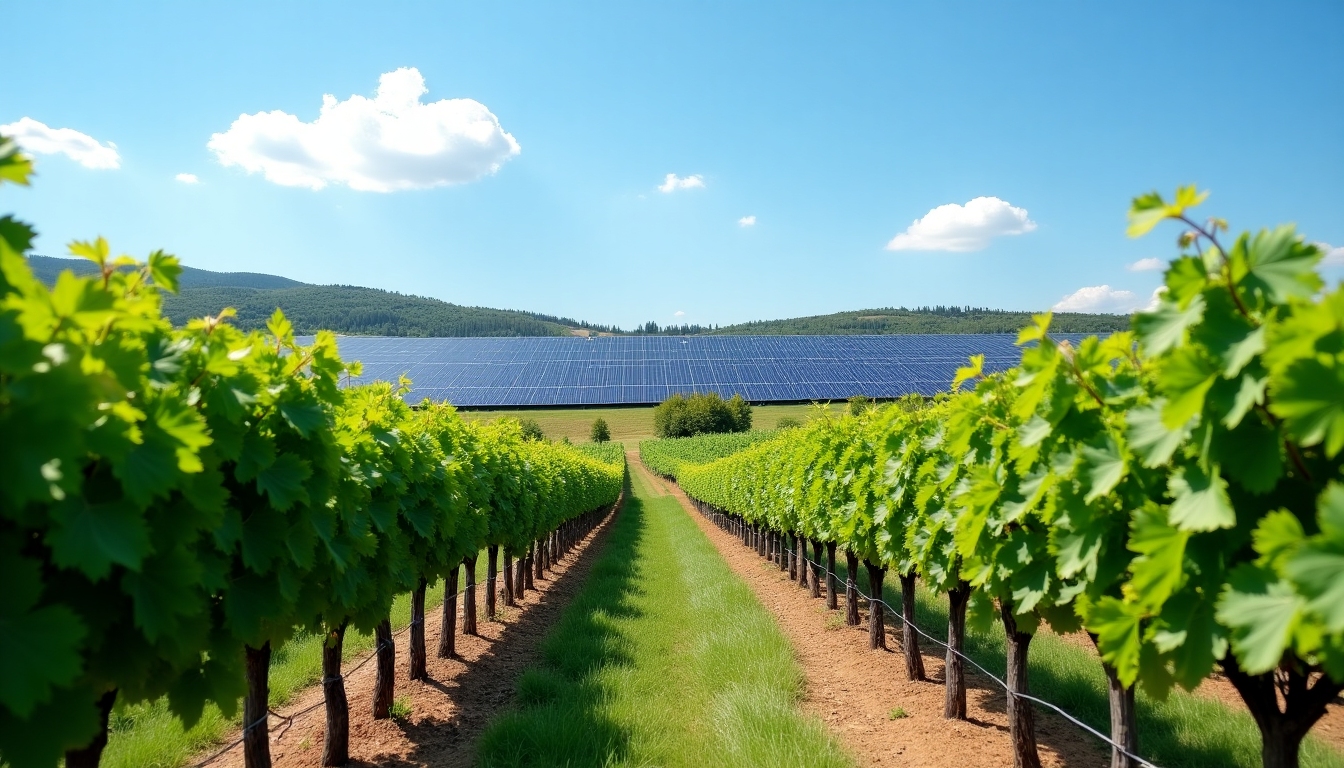
Solar Power and Wine: A Perfect Pair
Jackson Family Wines has embraced solar energy as a key component of their sustainability strategy. By installing solar panels at several of their wineries, they have significantly reduced their reliance on non-renewable energy sources. With over 6,000 solar panels installed across their properties, they generate enough clean energy to power over 1,000 homes each year, substantially reducing their carbon footprint.
The solar panels at Jackson Family Wines are not just a token gesture; they are a significant investment in renewable energy. For example, at their Kendall-Jackson winery in Sonoma County, the solar array covers several acres and provides a substantial portion of the winery's energy needs. This commitment to solar power is part of their broader goal to achieve net-zero carbon emissions by 2030.
According to a UC Davis report on solar power in wineries, implementing solar power can lead to substantial energy savings and environmental benefits. These solar arrays not only power the wineries' operations but also contribute excess energy back to the grid, further reducing their environmental impact.
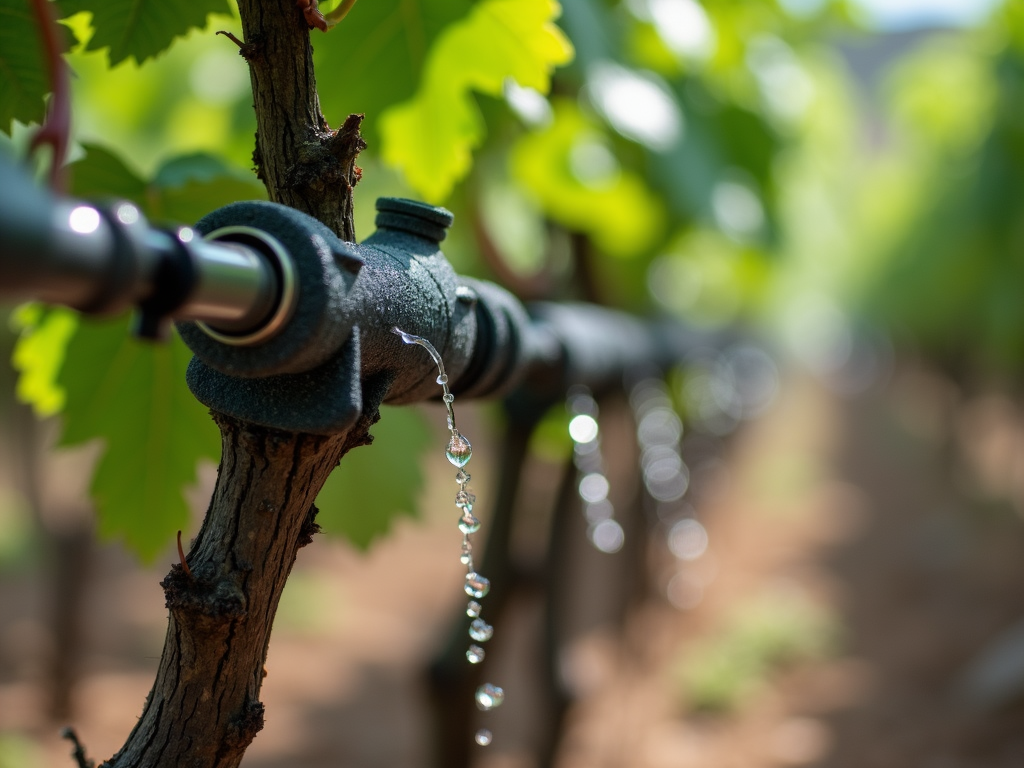
Water Conservation: Every Drop Counts
Water is a precious resource, especially in California's wine country. Jackson Family Wines has implemented advanced water conservation techniques, such as precision irrigation systems that deliver water directly to the roots of the vines, minimizing evaporation and runoff. By employing regulated deficit irrigation, they optimize water use based on the vines' needs at different growth stages.
California's wine regions have faced severe droughts in recent years, making water conservation a critical issue. Jackson Family Wines has responded by investing in state-of-the-art irrigation technology and water recycling systems. Their efforts have not only reduced water usage but also improved the resilience of their vineyards to climate change.
Additionally, the winery recycles water from their production processes for irrigation and cleaning, further reducing their water consumption. The California Department of Water Resources emphasizes the importance of efficient irrigation in sustainable agriculture.
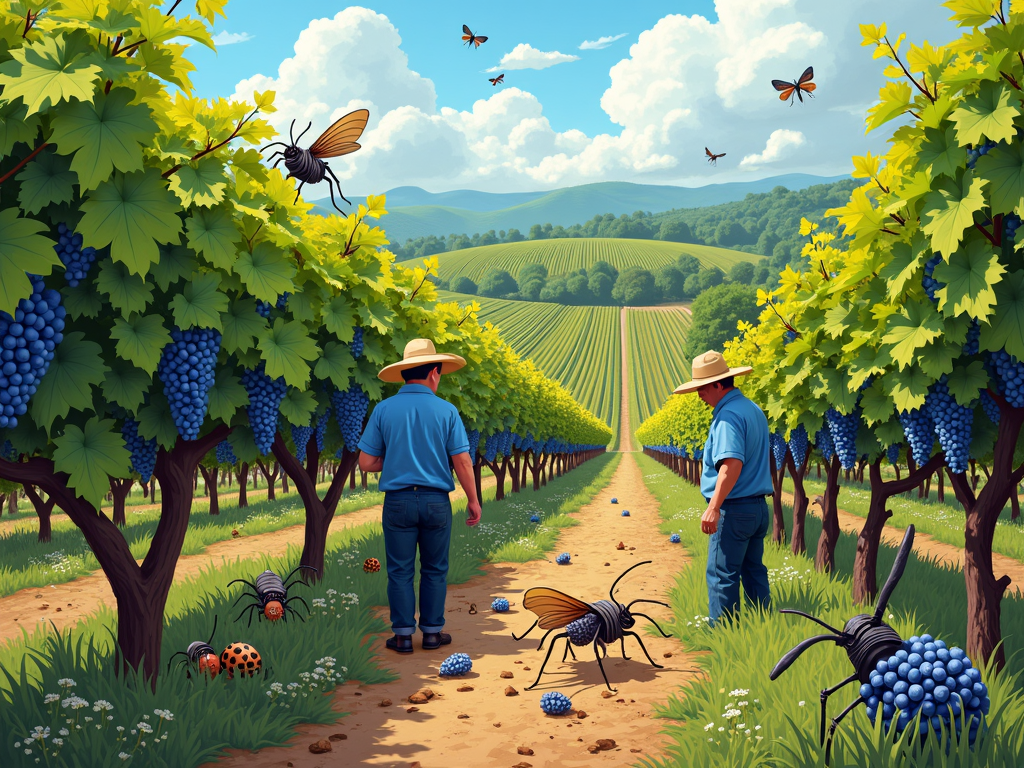
Organic and Biodynamic Farming: Nurturing the Land
Jackson Family Wines is committed to organic and biodynamic farming practices, which promote soil health, biodiversity, and ecological balance. By avoiding synthetic pesticides and fertilizers, they protect the environment and produce grapes that truly reflect the terroir. Biodynamic farming treats the vineyard as a self-sustaining ecosystem, using natural preparations and following lunar cycles.
Biodynamic farming, while sometimes viewed as esoteric, has tangible benefits. By fostering a diverse ecosystem, Jackson Family Wines enhances natural pest control and soil fertility, reducing the need for external inputs. This holistic approach ensures that their vineyards remain productive and sustainable for generations to come.
Many of their vineyards are certified organic by CCOF or biodynamic by Demeter. Research from the University of California has shown that organic farming can enhance soil fertility and biodiversity in vineyards.
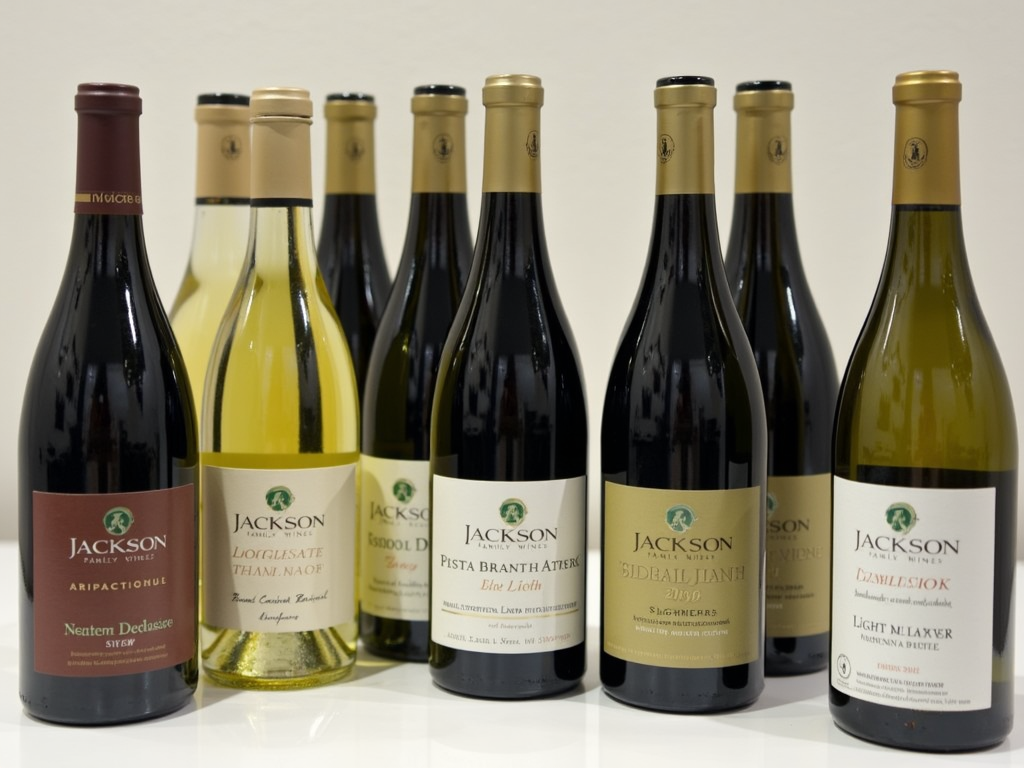
Lightweight Glass Bottles: Reducing Carbon Footprint
Packaging is a significant part of a wine's environmental impact. Jackson Family Wines uses lightweight glass bottles that are 30% lighter than traditional ones, reducing the amount of raw materials needed and lowering transportation emissions. This initiative can cut transportation emissions by up to 10%.
Designing lightweight bottles required collaboration with glass manufacturers to ensure that the bottles maintain their strength and aesthetic appeal while using less material. The result is a bottle that is not only environmentally friendly but also cost-effective, as it reduces shipping weights and associated costs.
A study by the Wine and Spirits Trade Association found that packaging accounts for a large portion of a wine's carbon footprint, making innovations like lightweight bottles crucial for sustainability.
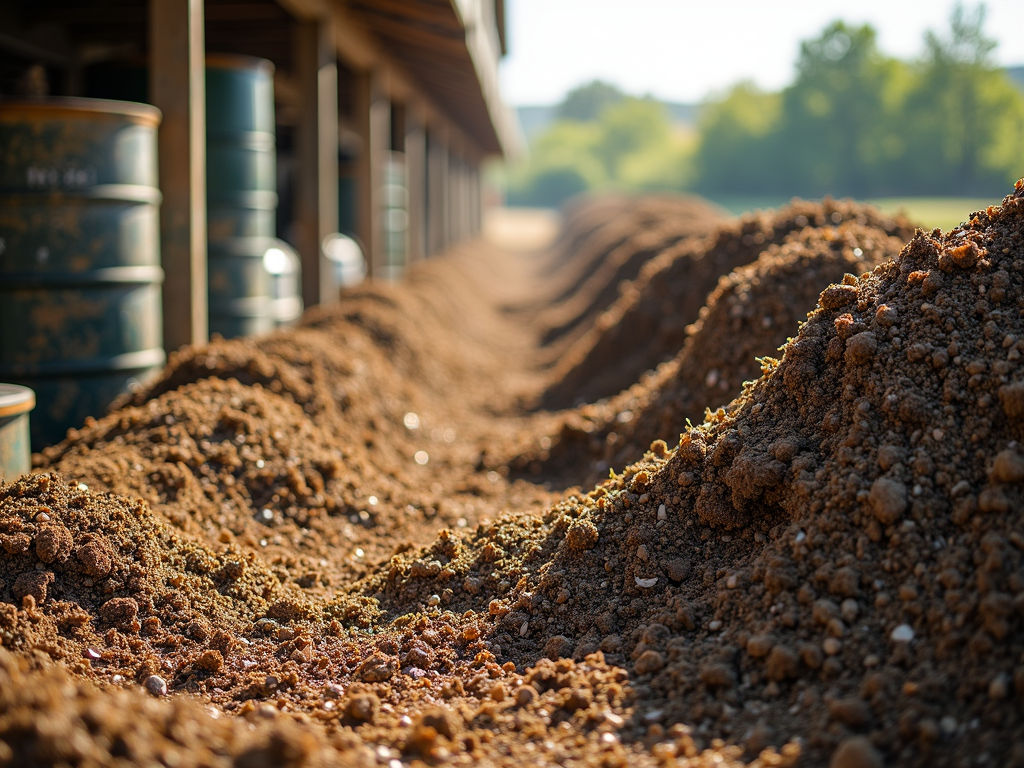
Waste Reduction and Recycling: Closing the Loop
Jackson Family Wines takes a comprehensive approach to waste management. They compost organic waste from winemaking, such as grape pomace, turning it into nutrient-rich compost for their vineyards. They also have robust recycling programs for glass, cardboard, and plastic, diverting as much waste as possible from landfills.
Beyond composting and recycling, Jackson Family Wines has implemented a zero-waste policy at some of their facilities, aiming to eliminate all waste sent to landfills. This ambitious goal requires innovative thinking and partnerships with local waste management companies to find new uses for materials that would otherwise be discarded.
The EPA provides guidelines for waste reduction in manufacturing, which can be applied to wineries to minimize environmental impact.
Personal Insights: The Importance of Sustainable Winemaking
As consumers become more environmentally conscious, wineries like Jackson Family Wines are setting an example for the industry. Their commitment to sustainability not only helps protect the planet but also appeals to eco-minded wine drinkers. These practices can lead to cost savings and improved wine quality, as healthy vineyards produce better grapes.
The innovations at Jackson Family Wines are part of a larger trend in the wine industry towards sustainability. As more consumers seek out eco-friendly products, wineries that prioritize sustainability will have a competitive advantage. Moreover, these practices can serve as a model for other agricultural sectors, demonstrating that profitability and environmental stewardship can coexist.
Looking ahead, we can expect more wineries to adopt similar innovations, driven by regulatory pressures and consumer demand. The future of winemaking is undoubtedly green.
Conclusion
Jackson Family Wines is pioneering the future of sustainable winemaking through innovations in solar power, water conservation, organic farming, lightweight packaging, and waste reduction. These practices demonstrate that sustainability and high-quality wine production can go hand in hand, shaping a more environmentally friendly future for the wine industry.